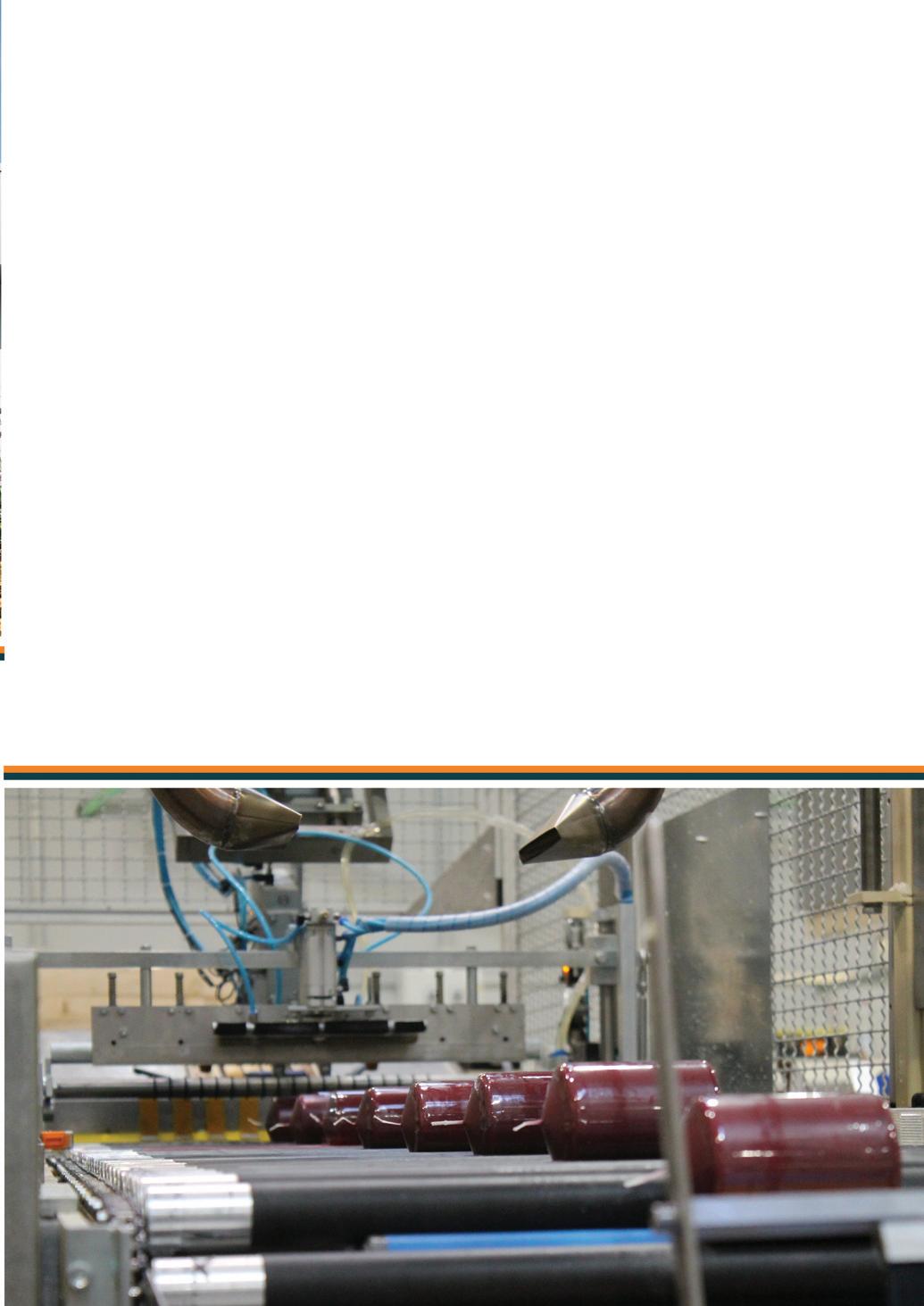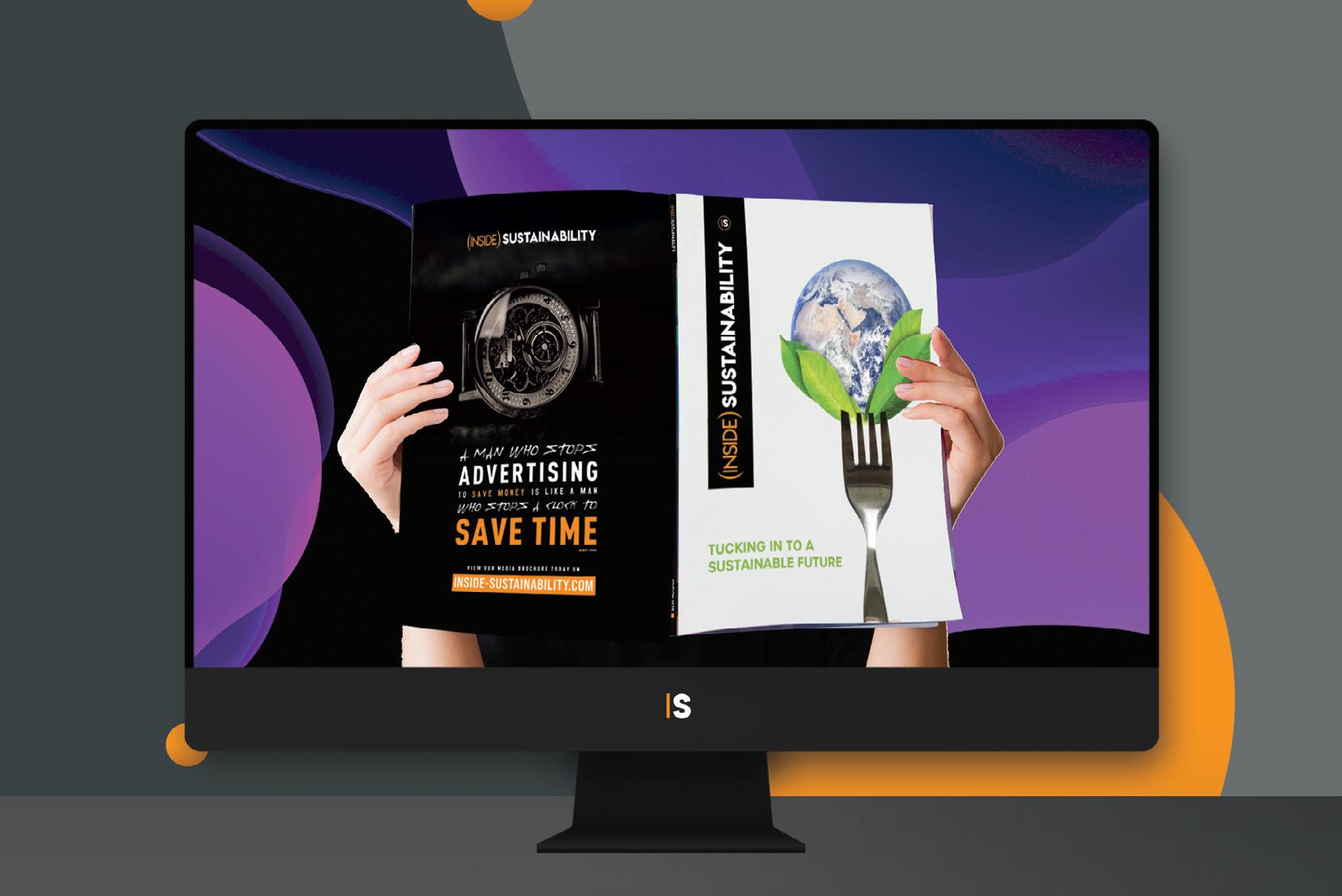









When it comes to candles, Spaas Kaarsen is a household name. Now, celebrating the company’s 170th anniversary, co-owner & CEO Ben Spaas, co-owner & Sales Manager Sarah Spaas and Head of Sustainability Elise Maris explained what Spaas hopes to achieve in the future. Report by Imogen Ward.
Spaas Kaarsen is a pivotal part of Europe’s candle making history, having produced high-quality candles that are soot-free for more than 100 years. It all started in 1853, when Spaas would bleach beeswax for monasteries and abbeys. The second generation took it one step further and introduced candle production to the business. “We are the
fifth generation of Spaas, and with each generation comes a new focus and new milestones. Now here we are, 170 years later, having evolved substantially to sit amongst the top three players within the European candle industry, producing 40,000 tonnes annually,” co-owner & CEO Ben Spaas said.
Spaas produces all of its candles at its two production facilities located in Belgium and Poland. These facilities are responsible for manufacturing a diverse array of wax-based products.
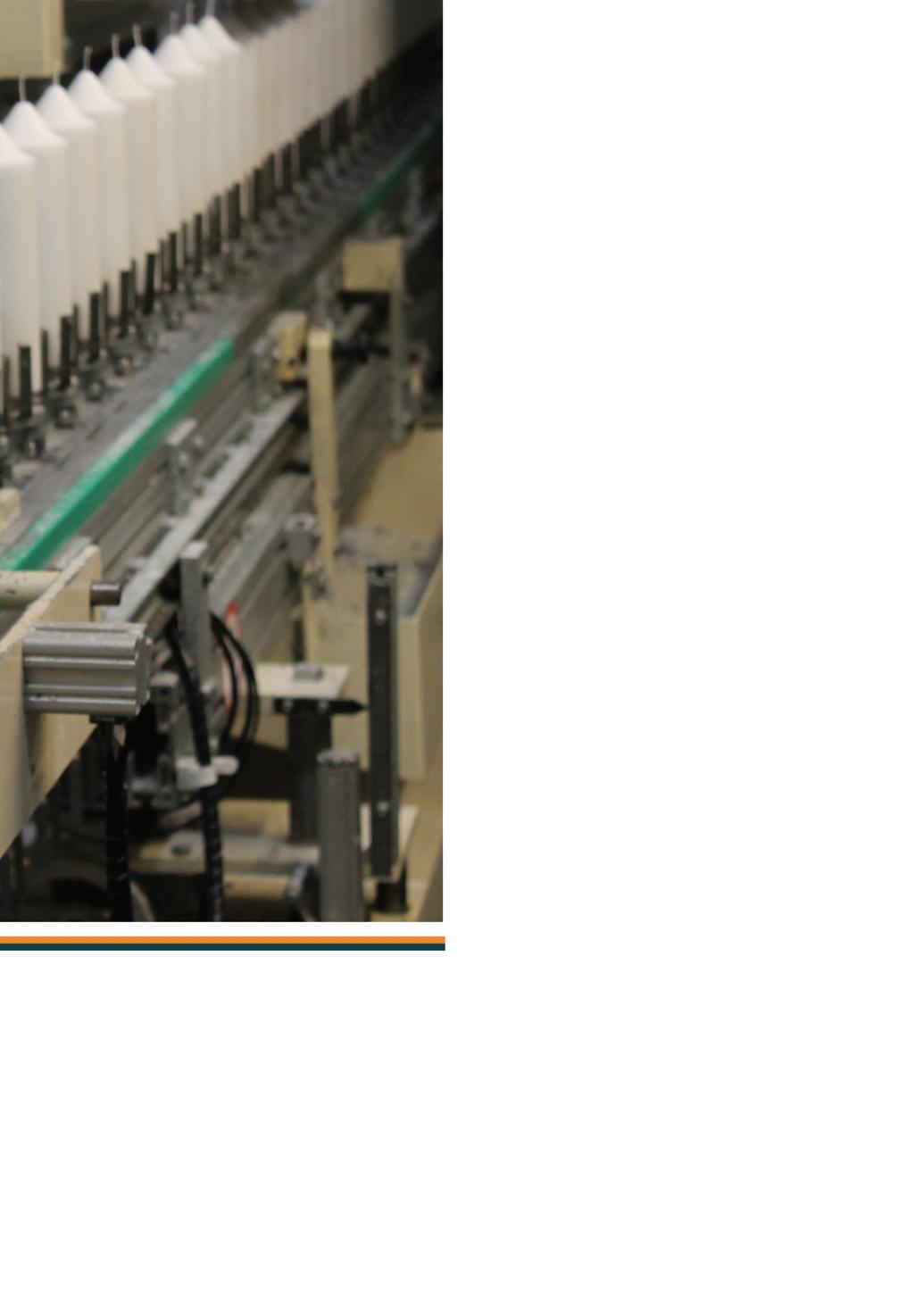
Each plant has its own specific focus on production lines. The plant in Belgium is highly automated and primarily concentrates on the production of large-volume products, while the Poland facility wants to retain the flexibility to produce tailor made solutions.
Spaas is known for producing and marketing candles under the SPAAS brand, offering a diverse range of both scented and unscented candles. In addition to its own brand, the company also manufactures private-label candles for major retailers, and they operate across various market segments, including retail, catering, garden centres, online sales and churches.
Now under the leadership of the fifth generation, the Spaas team has become increasingly aware of the challenges currently facing the planet. Keen to have an impact on this, the company has invested in improving its practices. “At Spaas, we are fully aware of sustainability,” said Mr Spaas.
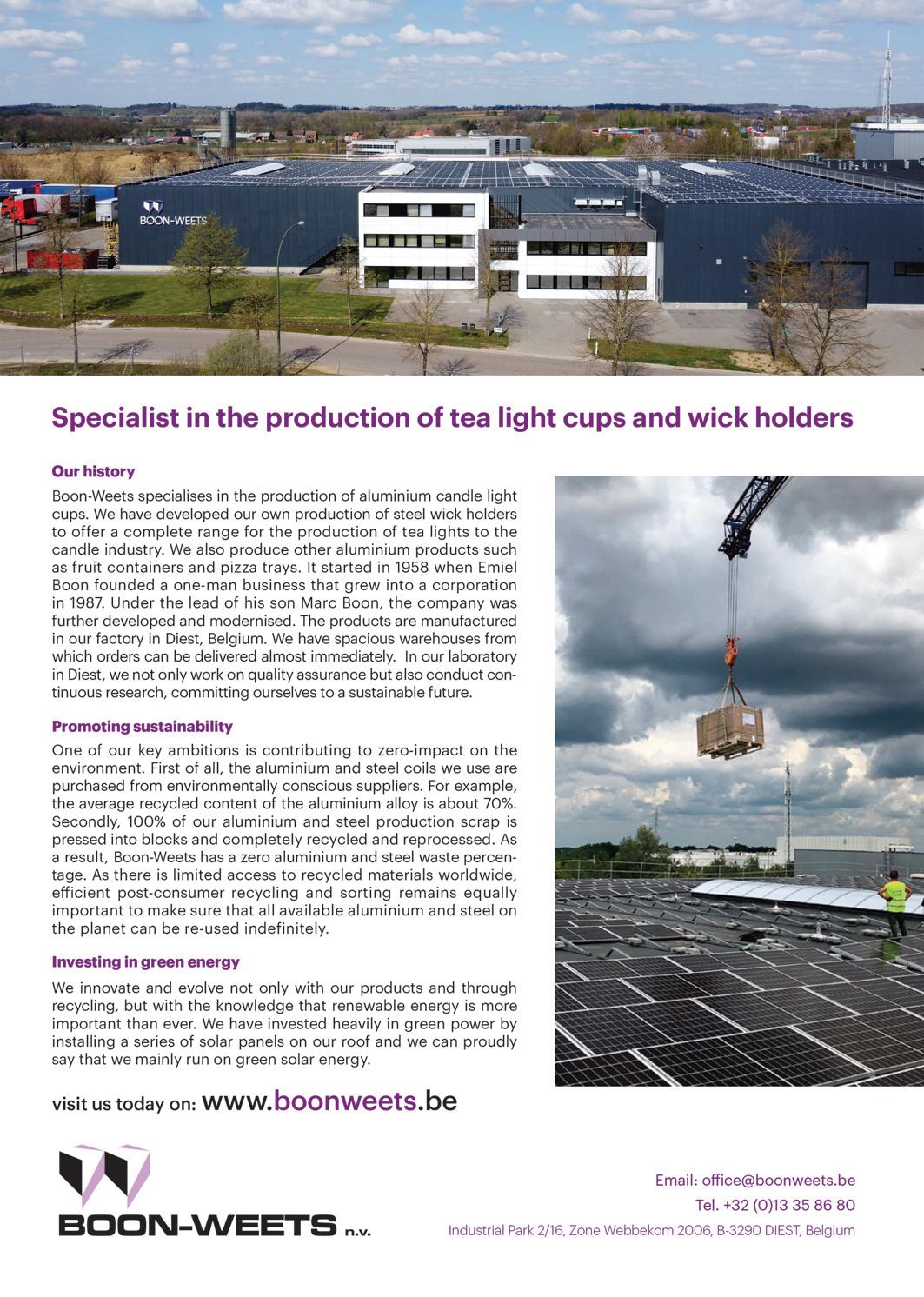
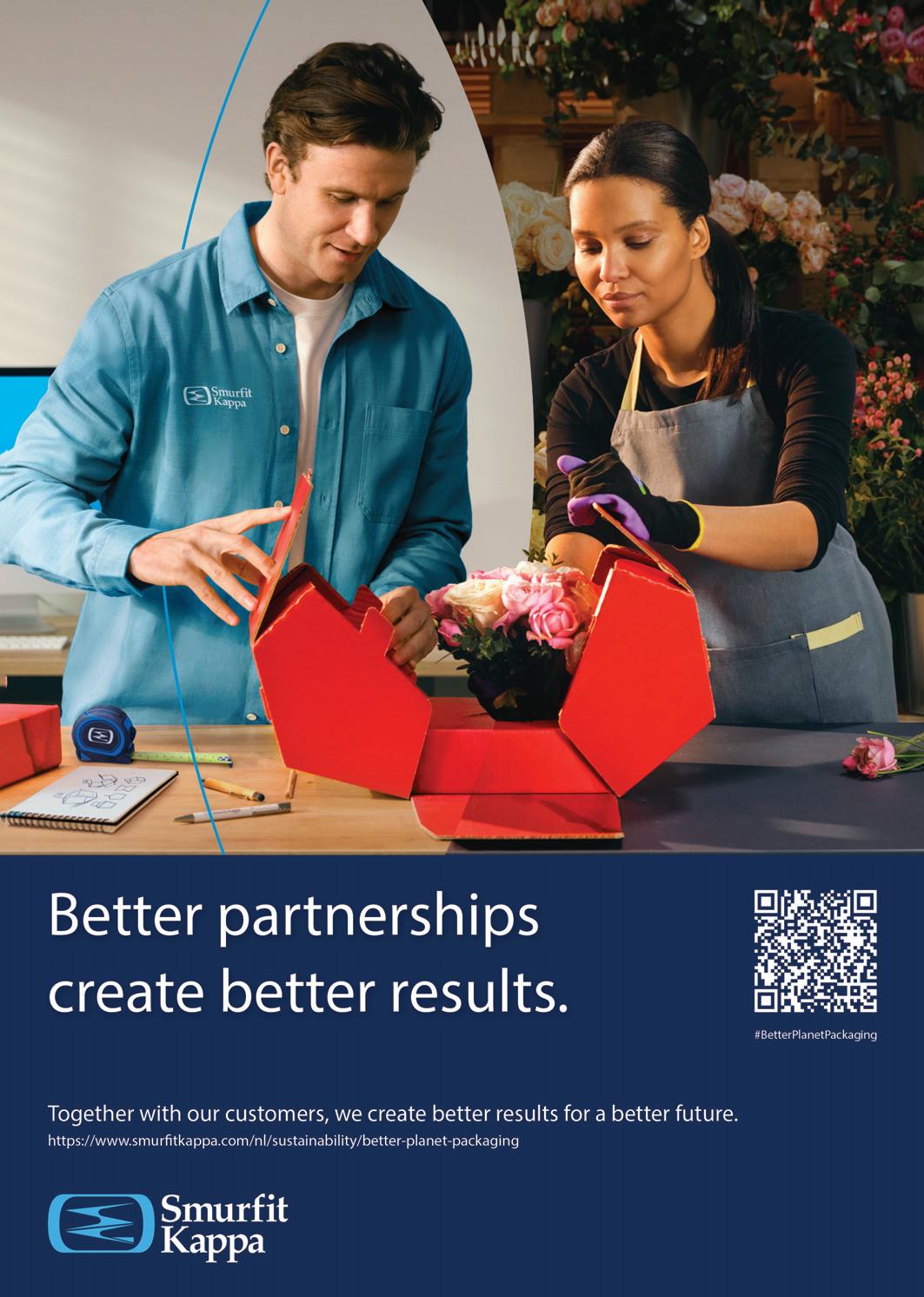
“We aspire to embrace it and be a frontrunner within our industry for sustainable development, taking the necessary actions because we have a responsibility to the future generations. As the fifth generation of Spaas, we feel it is important to take ownership of that.”
Due to increasing sustainability regulations, consumer expectations, requirements from banks, insurance companies and more, Spaas saw a need for developing and implementing an ESG (Environmental, Social and Governance) strategy. To address this, Elise Maris was appointed Head of Sustainability, who came to join the team in this crucial transition.
“Over the past few months, we have been developing a sustainability strategy,” Ms Maris said: “we are currently working on defining our short- and long-term targets. For a sustainable transition, a long-term vision is key.
“The strategy consists of five main themes. In terms of environmental themes, we want to make our packaging more sustainable by following the reduce, reuse, recycle, rethink hierarchy. A second commitment involves our carbon emissions, which we’ve been calculating to set targets to reduce our footprint.”Spaas’ sustainable strategy also focuses on waste management. Not only is Spaas attempting to reduce its waste, but it
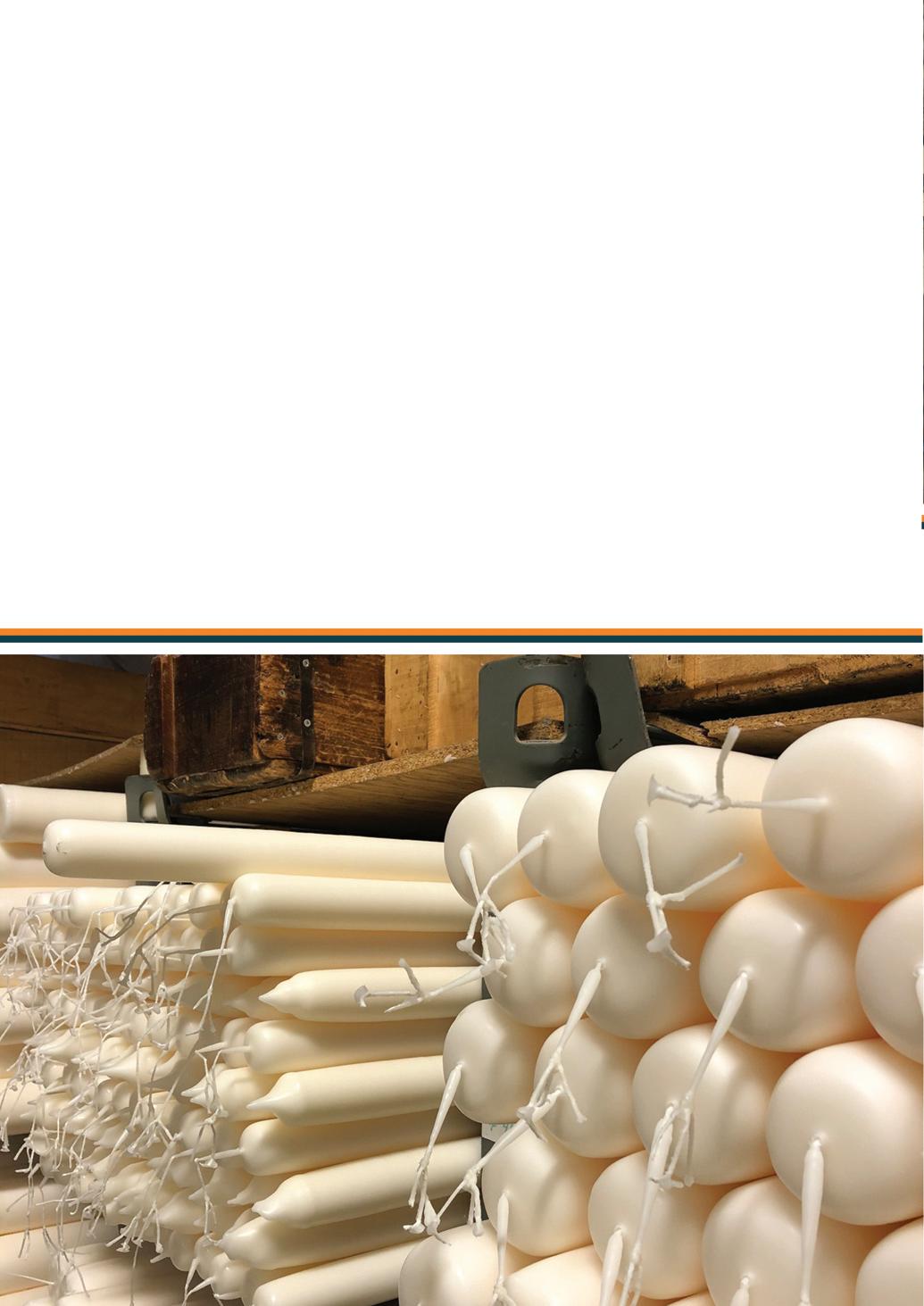
is also working in collaboration with other companies to ensure it is repurposed effectively. “We recently started a partnership in Belgium to repurpose our label carriers,” Ms Maris explained. “Our partner takes these away and repurposes them into new label holders or paper for journals.”
“We also have an ongoing partnership with an aluminium processor,” Mr Spaas added. “We produce a lot of tealights, and during production sometimes we are left with empty tea light holders. Because they are made from aluminium, they can be endlessly recycled and repurposed.”
Spaas’ sustainability, (or ESG), strategy places a strong emphasis on social responsibility. The company is committed to an inclusive and safe work environment that encourages diversity and personal growth for all employees. Spaas’ overarching vision is to extend beyond corporate boundaries through support for the communities in which it operates and by ensuring responsible sourcing.
Ms. Maris further explained: “We are fully committed to ensuring that the
sourcing of our raw materials is not linked to human rights abuses or other environmental violations.

“Our employees support our sustainability transition. After consultation with staff, the tealight process was adjusted to better manage the company’s waste. Packaging errors occasionally occurred during the production of tea lights: as a result, Spaas used to throw away the whole pack, but after a dialogue with the production line team, the company gave its engineering team the responsibility to adjust the production line. This modification now allows Spaas to collect, repackage and resell these imperfectly packaged items.”
Spaas' sustainability efforts have been recognised by EcoVadis, an international sustainability rating platform which awarded it a silver medal for outstanding achievements in environmental responsibility, labor and human rights, ethics, and sustainable procurement. Receiving this silver medal from EcoVadis in 2021 placed
Spaas among the top 25 percent of companies with this distinction. “This achievement fills us with pride, as we see the medal as a recognition of our progress and an affirmation of our commitments to our sustainability targets,” said Ms Maris.
Taking it one step further, Spaas is considering introducing guidelines for suppliers, to ensure it is working with companies who are also EcoVadis certified or compliant. “At the moment discussions are ongoing, so we have no set target, but it is what we are working towards,” said Mr Spaas. “For next year though, we are implementing a new code of conduct that will take us a step closer.”
“Our partnerships with our suppliers are super important, especially in the changing world of today,” Ms Maris explained. “We see this as an opportunity to work together and share knowledge to adjust to this changing
world. In order to maintain that crucial balance of ecological, social and economic factors, we reviewed our supplier code of conduct and integrated standards that focus on sustainable business practices. We also updated our responsible sourcing policy, which assesses sustainability, quality and price. These documents will be communicated to all suppliers at the beginning of 2024.”
Whilst walking the path of sustainability, Spaas has made sure to remain focused on corporate advancement to abide by its vision of a greener future.
“We are continuously assessing how we can best integrate sustainability into our product development process,” Mr Spaas said. “There always needs to be a balance between cost, design quality and sustain -

ability, and this brings its own set of challenges. But nevertheless, we ensure sustainability is integrated from the very first stage of product development.”
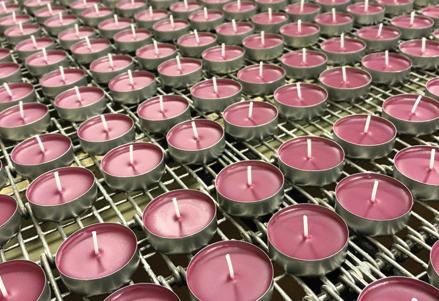
The company continues to assess the ongoing market trends to ensure it remains on track with its goals. One recent trend that has garnered the company’s attention is the increasing demand of refillable products. “We are currently looking at the concept of refills and how we could make that work,” Ms Spaas continued. “There’s a lot of planning involved, and it brings up many questions. We need to overcome these challenges before we are ready to launch.”Spaas anticipates that, once ready, the product will be brought to the market promptly to appease consumer demand. Despite its dedication to being green, the needs of customers remain a number one priority.
“Over the next 10 years, we will implement a strategic growth strategy that will help us develop the business alongside the needs of our customers,” Mr Spaas concluded. “We have a very strong customer-centric strategy, which aligns perfectly with our core philosophies and shared values as a family-run business. That strategy is an element that is highly valued by our customers, and one that will not change.”
